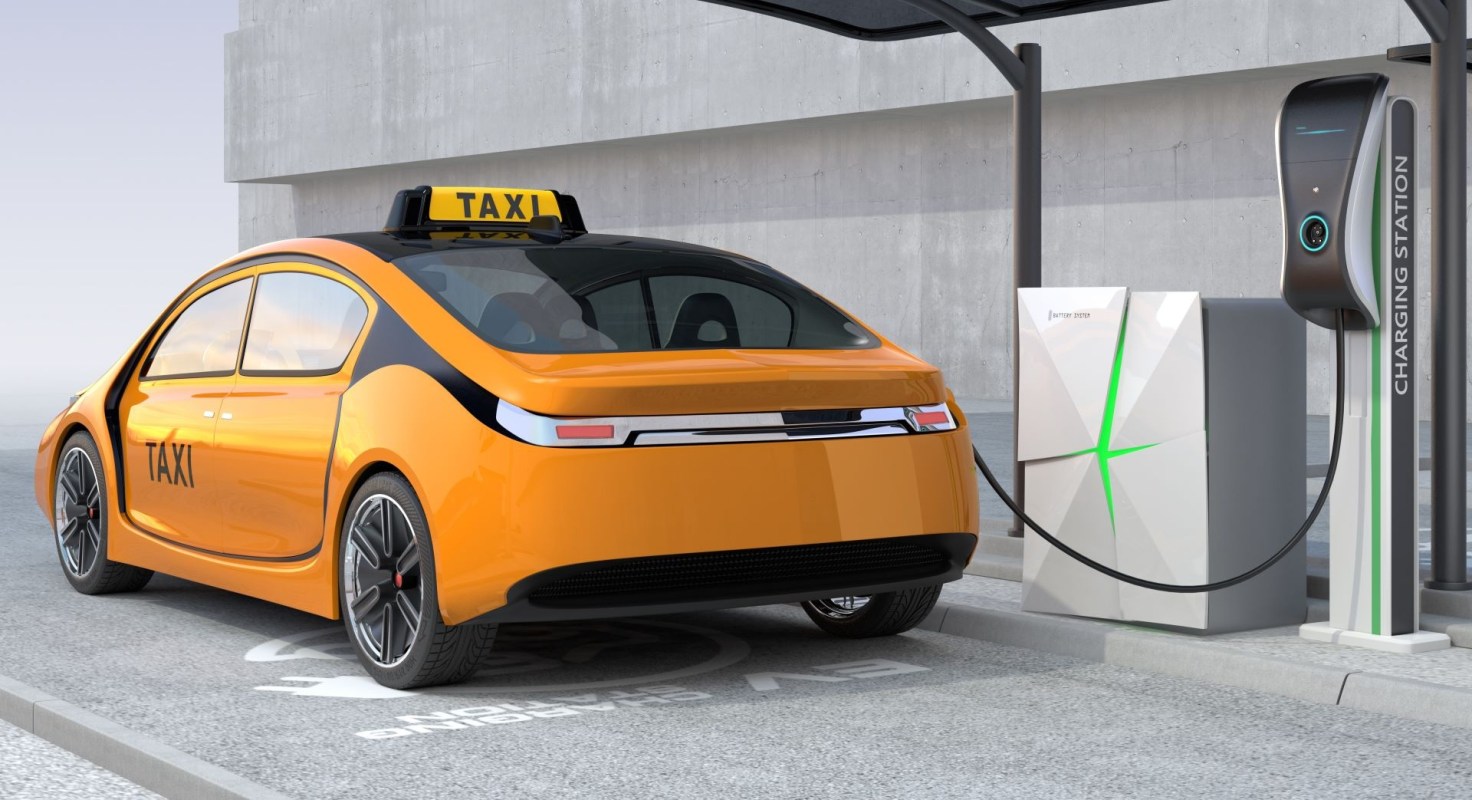Hailing a cab in Hamburg, Germany, is about to ensure a more eco-friendly ride.
According to CleanTechnica, Hamburg is setting a precedent in Germany, and perhaps worldwide, by mandating hydrogen- or electric-powered taxi fleets by 2025.
The ban on gas-powered cabs follows recent passage of climate laws in the region that paves the way for a surge of cleaner taxis. The mandate is part of plans that include more public transit and underground and suburban trains in an effort to reduce air pollution.
The taxi measure is estimated to reduce harmful emissions by about 25,000 tons a year, according to officials.
"We are firmly convinced that the future of our industry is electric and that this changeover date is feasible," Hansa Taxi CEO Thomas Lohse told CleanTechnica.
There are about 350 cleaner cabs cruising Hamburg. Sixty-five of operator Best Taxi's fleet of 150 vehicles are compliant with the rule, running on batteries or hydrogen. The company is trying to kick fossil fuels to the curb by year's end, well ahead of the city's mandate.
"(T)he industry is ready and willing to leave the combustion engine age behind," Anjes Tjarks, Hamburg's transport senator, told CleanTechnica. "The e-taxis have also proven to be reliable, convenient and cheaper to operate than the combustion-powered taxis."
In a letter to the taxi industry, Tjarks said on Hamburg.com that the city has ambitious carbon goals. The taxi business can play a crucial part in the plan to cut harmful carbon pollution by 1.4 million tons by 2030, he wrote.
Climate-friendly taxis are also making an impact stateside. The New York Times reported last year that pedestrians were starting to notice the 25 electric cabs that were traveling the streets of the Big Apple. Taxi drivers said that they were saving up to $60 a shift on fuel costs, as well as earning better tips. There's also more storage for riders. With no engine, they can store luggage in the "frunk," the space where a gas-powered engine would otherwise be.
Taxi industry leaders and officials from New York and other cities around the world may want to take some notes from Tjarks' playbook in Hamburg, where he said he is committed to rallying the public and the industry around the shift.
"Committed, inclusive and soon emission-free: with our e-taxi project, we are making Hamburg's taxis fit for the future and making our city a national pioneer!" he said in the letter.
Join our free newsletter for cool news and actionable info that makes it easy to help yourself while helping the planet.









